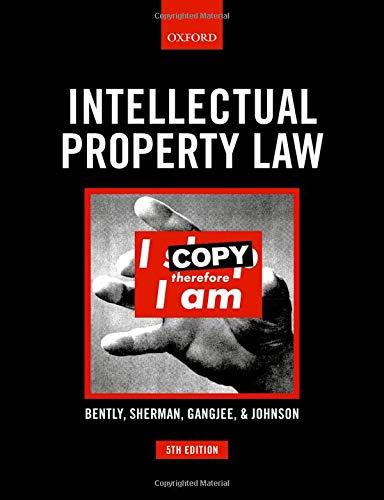Answered step by step
Verified Expert Solution
Question
1 Approved Answer
1. Philosophical Issue: Identify and clearly express the central philosophical issue in the case. Usually, the central philosophical issue can be expressed in the form
1. Philosophical Issue: Identify and clearly express the central philosophical issue in the case. Usually, the central philosophical issue can be expressed in the form of a succinct question, e.g., Is it morally permissible for a physician to assist in suicide? Is access to healthcare a basic human right? This section should not only state the central philosophical issue in a single sentence but elaborate upon it in another sentence or two. 2. Relevant Parties: Identify and describe the stakeholders and decision-makers in the case. Whereas the stakeholders in any given case are those who are affected by the relevant actions of the case, the decision-makers are those who stand in a position to facilitate those actions. All decision-makers are stakeholders in any given case but not all stakeholders are decision-makers. 3. Description and Significance of Facts: Gather and assess the relevant factual information of the case. Describe the importance of this information to the central philosophical issue. Both highlighting the relevant facts as well as detailing their importance to the central philosophical issue in the case are essential. 4. Listing of Alternatives: Present and describe at least two dif erent realistic alternatives that were available to the decision-makers in the case. Both noting at least two different realistic alternatives that were available to the decision-makers as well as describing them in sufficient detail are important to do. 5. Moral Considerations: Identify and describe the moral norms (i.e., the principles, rules, rights) that are relevant to central philosophical issue in the case. Whereas rules and principles are norms of obligation (i.e., they place moral requirements upon us), rules are more specific in content and more restricted in scope. Principles do not function as precise guides in each circumstance in the way that more detailed rules do. Importantly, both principles and rules imply rights, which are justified claims to something that individuals, groups, or institutions can legitimately assert against other individuals, groups, or institutions. 6. Determination and Reasoning: Determine which alternative is more justified by applying the relevant moral norms to the case. Thoroughly explain your reasoning for this choice. With an emphasis on the "thoroughly explain" part! This section, along with the above "Moral Considerations" section, should be your longest and most developed sect
Step by Step Solution
There are 3 Steps involved in it
Step: 1

Get Instant Access to Expert-Tailored Solutions
See step-by-step solutions with expert insights and AI powered tools for academic success
Step: 2

Step: 3

Ace Your Homework with AI
Get the answers you need in no time with our AI-driven, step-by-step assistance
Get Started


